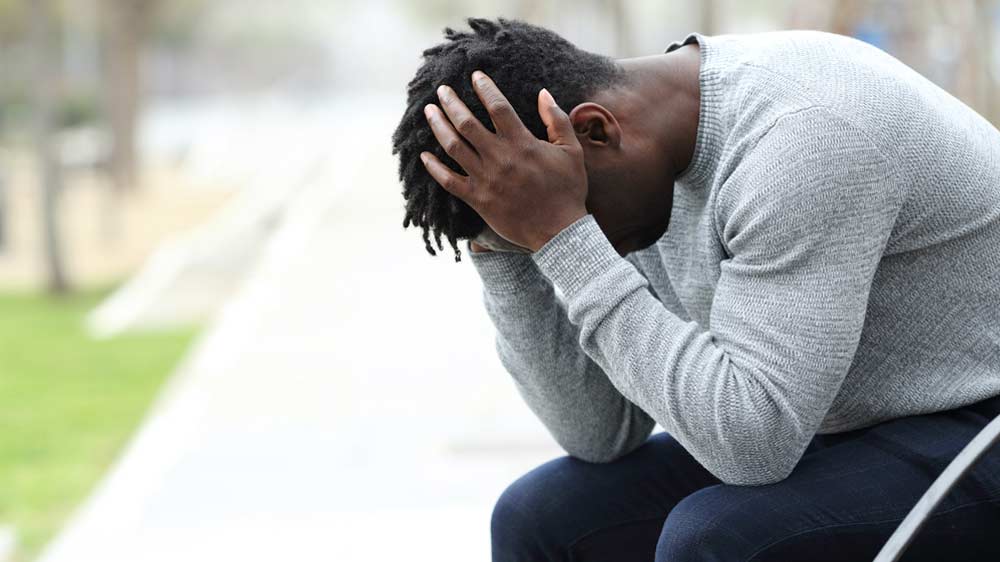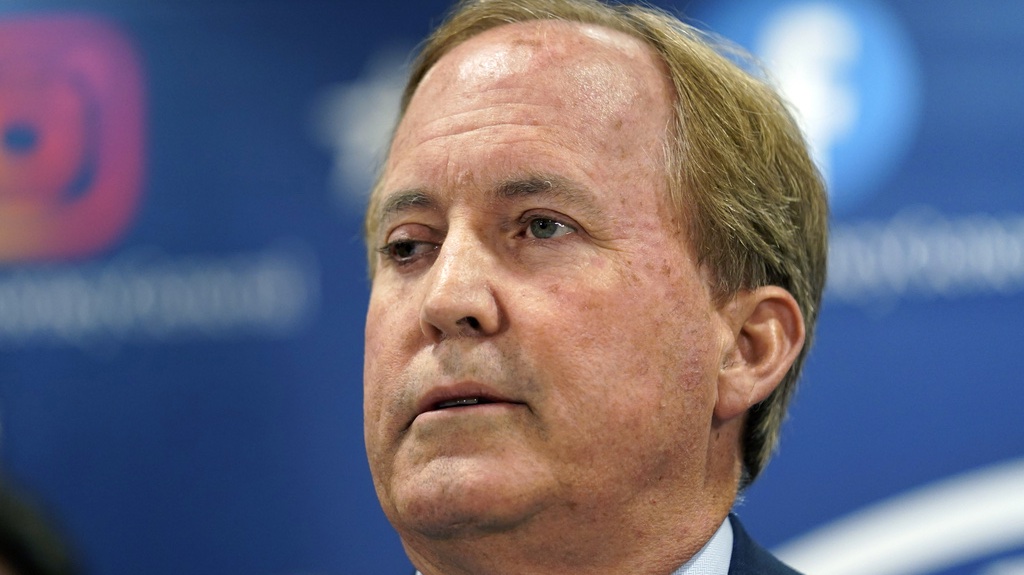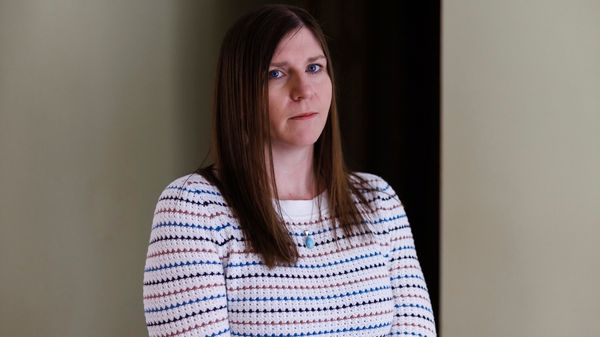
Apr 26
Study: Almost All Trans Youth Live in States Where Their Rights are Subjected to Legislative Action
Kilian Melloy READ TIME: 4 MIN.
Anti-transgender restrictions are so varied and widespread that young transgender people are likely to live in a state that curtails their rights in one way or another, a new report says.
Meanwhile, many of those who don't reside in such states are likely to live in a state where lawmakers have felt it necessary to devise legislation to protect the rights of trans youth and their allies, sometimes from the laws of other states.
From restrictions on restroom use to school sports bans to the criminalization of affirming care that qualified and concerned health providers say is medically appropriate and necessary, young transgender Americans face exclusion, marginalization, and even demonization. So pervasive (and invasive) are the restrictions that even students' pronouns have come under attack.
Some measures are still only bills being debated by state lawmakers, but others are already law thanks to the barrage of measures that GOP-led state governments have hastened to pass in the last few years.
But in other states, lawmakers seek to protect trans youth with measures such as bans on pseudoscientific "conversion therapy" practices that health professionals say can inflict harm while doing little or nothing to fulfill promises to "change" LGBTQ+ individuals into cisgender heterosexuals.
The Williams Institute at the UCLA School of Law has issued a new report, titled "The Impact of 2024 Anti-transgender Legislation on Youth," breaks the situation down into telling numbers, NBC News reported.
"There are approximately 300,000 trans youths ages 13 to 17 in the U.S., and, according to the report, 38% of them live in the 24 states that have enacted bans on transition-related medical care for minors (including puberty blockers, hormone therapy and surgery)," NBC News detailed.
Moreover, "40% live in the 27 states where their access to sports participation is restricted or state policy encourages such restrictions," the news report added, while "13% live in the 13 states that restrict their access to school bathrooms and other sex-segregated facilities and 16% live in the 14 states that have restricted or banned their use of pronouns that don't align with their birth sex in schools or other state-run facilities."
And that's just the situation in states where GOP-driven efforts to restrict the rights of transgender youth have become law. Things could get worse if a slew of bills in a number of states also become law.
"The Williams Institute report also found that 123,600 trans youths, or 41%, live in 16 states that had a ban on transition-related medical care pending in the 2024 legislative session," NBC News went on to say, "and 102,300, or 34%, live in 14 states with a restriction on sports participation pending."
The legislative assault has been swift and intense, and it's still going on.
"In 2023, conservative state lawmakers introduced more than 500 such bills, breaking the previous year's record of more than 300," NBC News specified. "So far this year, state lawmakers have introduced 487 such bills, according to the American Civil Liberties Union."
Lawmakers in other states are pushing back and attempting to provide islands of safety amid the tsunami of hostile legislation. The result of those efforts to protect trans youth means that "nearly half, or 48%, of trans youths in the U.S. live in the 14 states and Washington, D.C., that have passed 'shield' laws on transition-related care," NBC News noted, explaining that those laws act to provide immunity to families and physicians who seek to answer the medical and psychological needs of trans youth.
Even more – "about two-thirds," NBC News relayed – live in states that have taken action to protect LGBTQ+ youth from so-called "conversion therapy," which, the news writeup noted, is "a discredited practice that attempts to change an LGBTQ person's sexual orientation or gender identity and has been found to have negative mental health effects."
All together, the report estimated, 93% of America's trans youth live in a state that has made their heath, and even their lives, a matter for legislation.
Unsurprisingly, whether state laws seek to strip away or shore up the rights of transgender youth boils down to "geographic location, the report found," NBC News said.
"For example, 85% of trans youths in the South and 40% of trans youths in the Midwest live in a state that has enacted one of the four types of restrictive laws the Williams Institute evaluated."
"All trans youths living in the Northeast and 97% of trans youths in the West live in a state with either a shield law, a conversion therapy ban or both."
The overall picture is sobering. "In total, an estimated 280,300 transgender youth ages 13 to 17 live in states that have passed or proposed laws banning access to care, participation in sports, use of bathrooms and other sex-separated facilities, or affirmation of gender
through pronoun use, including 120,200 transgender youth where laws have been enacted and 160,100 additional transgender youth in states where at least one type of bill was introduced or pending in the 2024 legislative session," the report details.
"Ninety-three percent of trans youth ages 13-17 live in one of these states. Only 19,500 youth live in states and the District of Columbia ('D.C.') where none of these types of laws have been enacted, and no such law was introduced or pending in 2024."
The report did not delve into the mental and emotional toll of such legislative attention, or address what correlations, if any, can be observed between academic outcomes, health impacts, and other metrics and the obsession in some states with stripping away trans youths' rights while lawmakers in other states seek to counteract such aggressive legislative targeting. A poll conducted last year by suicide prevention group The Trevor Project, however, found significant impact on young people's mental health associated with legislative assaults on their rights.
Kilian Melloy serves as EDGE Media Network's Associate Arts Editor and Staff Contributor. His professional memberships include the National Lesbian & Gay Journalists Association, the Boston Online Film Critics Association, The Gay and Lesbian Entertainment Critics Association, and the Boston Theater Critics Association's Elliot Norton Awards Committee.







